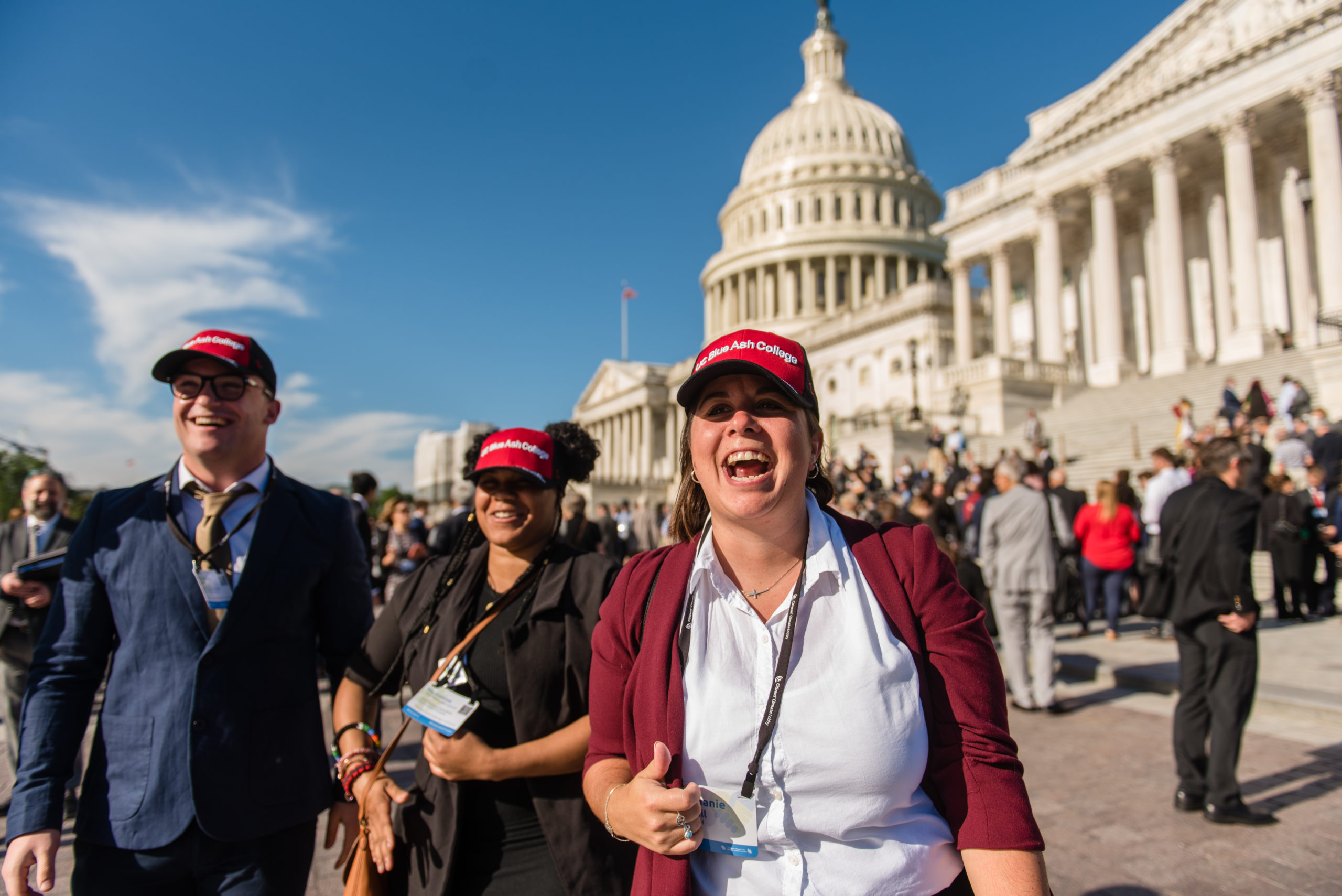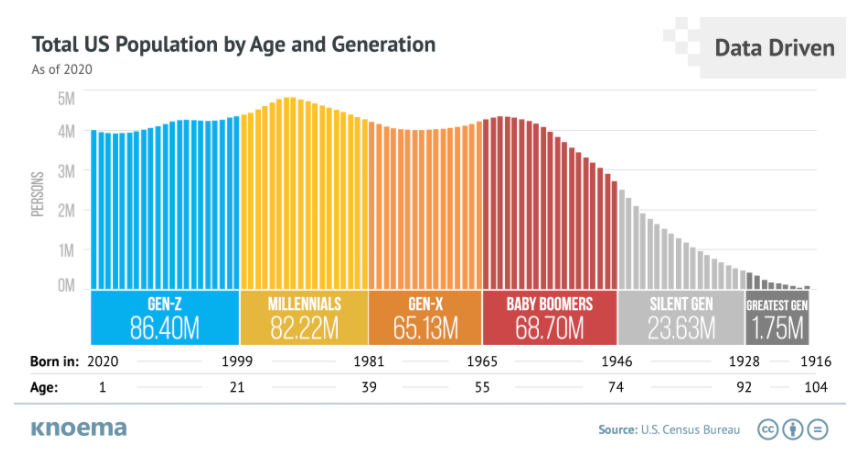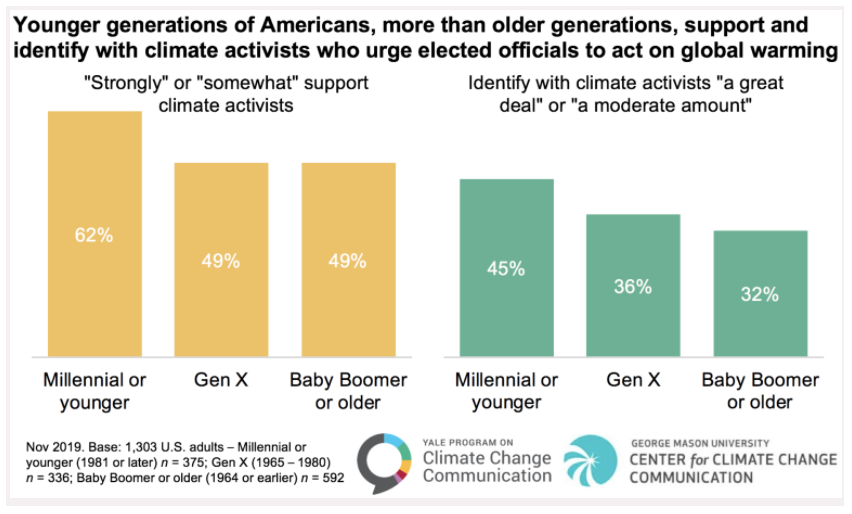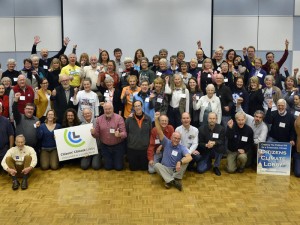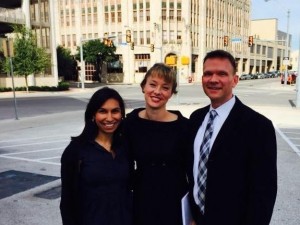The value of student engagement at CCL
By Katie Zakrzewski
At CCL, our volunteers are at the core of everything we do. But one particular section of our volunteer base is crucial in determining the trajectory of the future — our student volunteers.

The key to the future
Clara explains the importance of getting students and younger generations involved in combating climate change.
“Young people are the future, and we do this work primarily for them and future generations, but there are some very strategic reasons for engaging young people in climate advocacy,” she says. “Millennials and Gen Z are now 51.4% of the U.S. population. Their votes could change the entire political landscape, not to mention move us forward on climate change.”
Clara emphasizes that young people are more concerned about climate change, and are more inclined to take action than older generations. The Yale Program on Climate Change Communication found that in 2019 millennial or younger adults are more likely to support and identify with climate activists who urge elected officials to take action to reduce global warming.
“At CCL, it’s been observed that members of Congress pay more attention when young people are in our lobby meetings,” which gives student volunteers a unique power of persuasion, Clara says. “We have many stories of young lobbyists convincing their members of Congress to join the Climate Solutions Caucus, co-sponsor the Energy Innovation and Carbon Dividend Act, and passing climate resolutions.”
There are also effective ways to engage and motivate students. Some student-specific motivations include structured opportunities to receive internships, campus leadership programs, recommendation letters, resume-building opportunities, fellowship programs and paid opportunities, academic credit, and volunteer service hours.
Barriers and solutions
Clara shares that there are some barriers that need to be addressed in order to more effectively engage student volunteers.
“Keep in mind time and competing priorities — [students are] in school and doing extracurriculars. They’re exploring. Students nowadays have a tough economic reality in that tuition is higher and they’re taking on more loans than ever. It’s harder to do volunteer activities in addition to a part-time job,” Clara says. “Supporting students by paying them to work with CCL makes us a higher priority. Also, students are very new at doing advocacy, especially lobbying, so they need more training. CCL is a huge benefit to them because we’re giving them skills that are going to benefit them for the rest of their lives and are hugely empowering to them.”
Clara also mentions transportation barriers and age differences that might deter student engagement. “Students may not be able to go off campus to meetings. It’s easier for students to find peers at their own school or start their own chapter. We start by helping them create campus chapters.”
Clara mentions that intense and sometimes unpredictable academic scheduling can present issues. “Students aren’t on campus in the summer, and they have midterms and exams. It’s important to create a schedule that students can plug into,” she says. “I think CCL offers a really unique way for students to engage in the climate movement — we’re really strong on lobbying and media work, with direct grassroots outreach on climate. We have a unique emphasis on carbon pricing, so I think a lot of students want to engage with advocacy in this way.”
A change in leadership
As Clara moves on to Citizens’ Climate International to finish her Ph.D. at Antioch University New England and build climate advocacy in other communities, we’re excited to welcome CCL’s new student engagement manager.
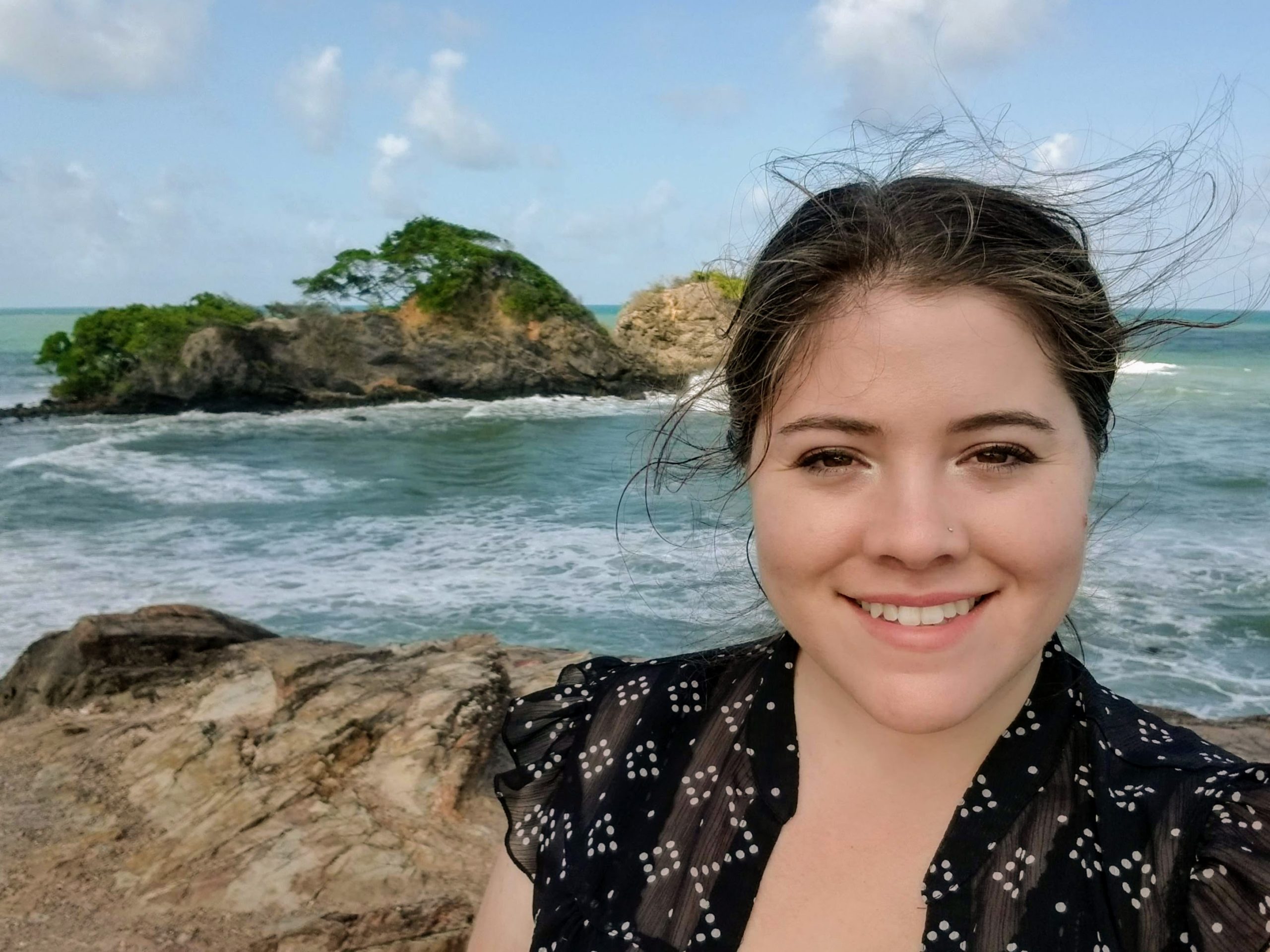
“I’m really excited to build on the great framework we have for moving student leaders along the advocacy pipeline and through our various different programs and opportunities while cultivating a climate conscious collegiate community,” Steffanie says.
Steffanie outlines some of her long term goals for the future in this role. “I’m interested in creating structures that enable our students who are engaging through these different avenues to find support in each other and envision a true place for themselves in CCL, even beyond their college years.”
Steffanie also plans to incorporate even more diversity and inclusion into CCL’s student-age population.
As Clara said, young people are the future of our climate advocacy movement. At CCL, we are committed to ensuring that our students have the tools and training that they need to ensure a livable world they can enjoy for decades to come.

